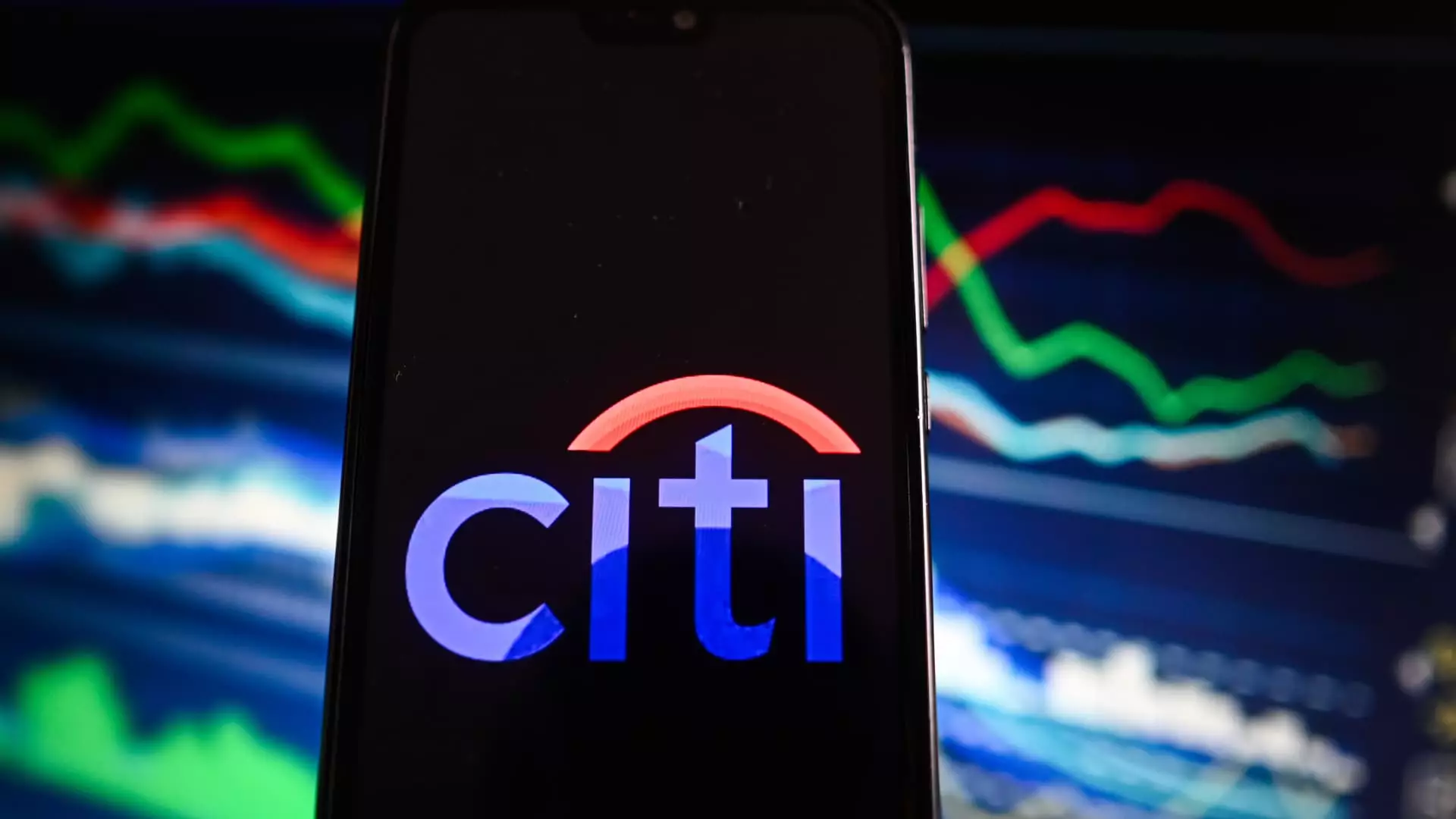In recent trading sessions, major banking stocks found themselves on the rise, largely fueled by speculation surrounding the presidential election. Following early projections that indicated Donald Trump was leading in the election race, shares for prominent financial institutions saw a notable increase. Citigroup soared by nearly 5% during after-hours trading on the Robinhood platform, known for its millennial investor base. This surge was complemented by Bank of America, which poised a more than 3% increase, while other major players such as Wells Fargo and Goldman Sachs also witnessed gains exceeding 2%. This reactive momentum underscores how political events can sway market sentiment, as investors eagerly anticipated results from a pivotal election.
Given the historical context of banking under Republican leadership, many investors anticipated that a Trump presidency would herald a favorable environment for financial institutions. Analysts suggest that the deregulation mind-set often associated with GOP governance will likely promote better business conditions for banks. In particular, Jaret Seiberg, an analyst from TD Cowen, emphasized the potential advantages stemming from a reduced emphasis on Consumer Financial Protection Bureau (CFPB) oversight. This shift could mean fewer regulatory burdens for banks, thereby improving profitability prospects in the sector. With Trump at the helm, the expectation is that his administration would roll back previous financial regulations that may have contributed to a tighter operational environment for banks.
The market’s enthusiasm is rooted in the expectation that Trump’s presidency could lead to adjustments in capital requirements and credit card regulations. Specifically, financial entities could benefit from a relaxation of capital constraints, which may allow for increased lending and broader financial activities. Furthermore, the anticipation surrounding crypto regulations appears positive, suggesting that an accommodating regulatory framework could further invigorate innovation within financial technologies. However, this outlook is not without its complications, as Seiberg also raised concerns about potential inflationary pressures tied to Trump’s proposals on tariffs and immigration policies.
While the rally in bank stock prices reflects optimistic sentiment, it is crucial for investors to remain cautious. The underlying risks associated with Trump’s economic policies present a dual-edged sword which could disrupt markets. For instance, aggressive tariffs aimed at foreign products might trigger retaliatory actions, leading to trade wars that could negatively impact the broader economy and, by extension, financial institutions. Additionally, any immigration policies targeting significant workforce demographics could strain the labor market. Therefore, while there are evident opportunities for growth within the banking sector, a balanced perspective must encompass the volatility linked to Trump’s economic proposals.
As the election results continue to unfold, investors are urged to maintain a wait-and-see approach. The anticipation surrounding Trump’s victory and the subsequent impact on the banking sector signifies a critical moment in financial markets. The potential benefits from reduced regulations are tempered by inherent economic risks. Thus, while financial stocks are currently on the upswing, prudence is advised in navigating the shifting political and economic landscapes. Only time will reveal the true implications of this election on the banking industry and the broader financial market.

